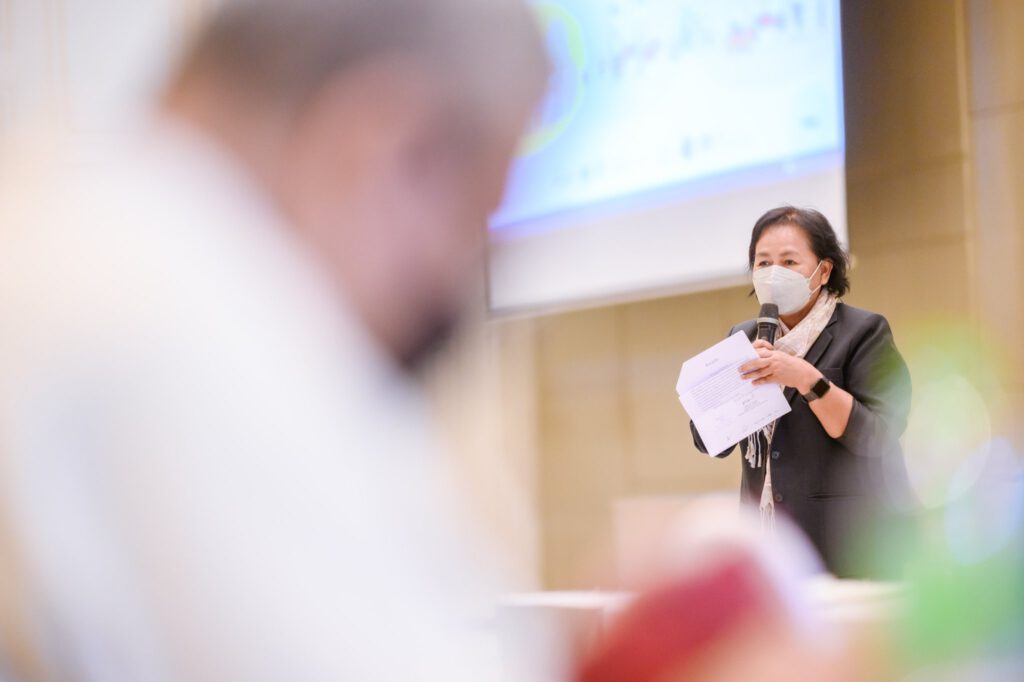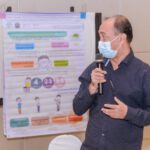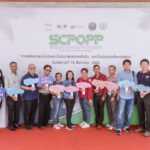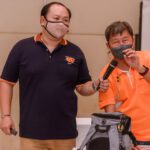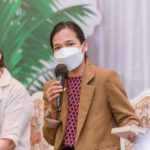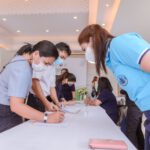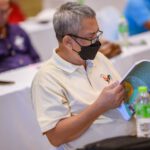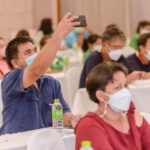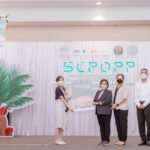Funded by the Federal Ministry for Economic Affairs and Climate Action, in cooperation with Thailand’s Department of Agriculture (DOA) and Department of Agricultural Extension (DOAE), and the Roundtable on Sustainable Palm Oil (RSPO) Thailand, the four-year project pursued a holistic approach to support oil palm smallholders in Krabi, Suratthani and nearby southern provinces by establishing long-term networks with government agencies, academic and global sustainability standard institutions.
Through the SCPOPP project, 19 palm oil companies have been engaged to support and train over 3,000 oil palm smallholders in sustainable farming practices. Over 200 trainers, who have undergone training themselves, have successfully trained and engaged with more than 3,000 smallholders. Up to 400 smallholders achieved RSPO certification in 2021 and successfully connected to the global market. Another 1,500 smallholders are currently being trained and are expected to achieve certification by the end of 2022. Moreover, the project could help reduce greenhouse gas emission from oil palm plantation by 9,600 tonnes CO2eq.
These successful outcomes of the project were highlighted during the closing event of the SCPOPP project held recently at Nipa Garden, Suratthani. Representatives from DOA and DOAE joined the event to take forward the work on the ground. SCPOPP project members also participated in this one-day activity. Earlier that day, an orientation session was also organised in order to introduce the Thailand Palm Smallholder Academy to academics, and stakeholders in order to prepare both millers and producers for RSPO-certified standard.
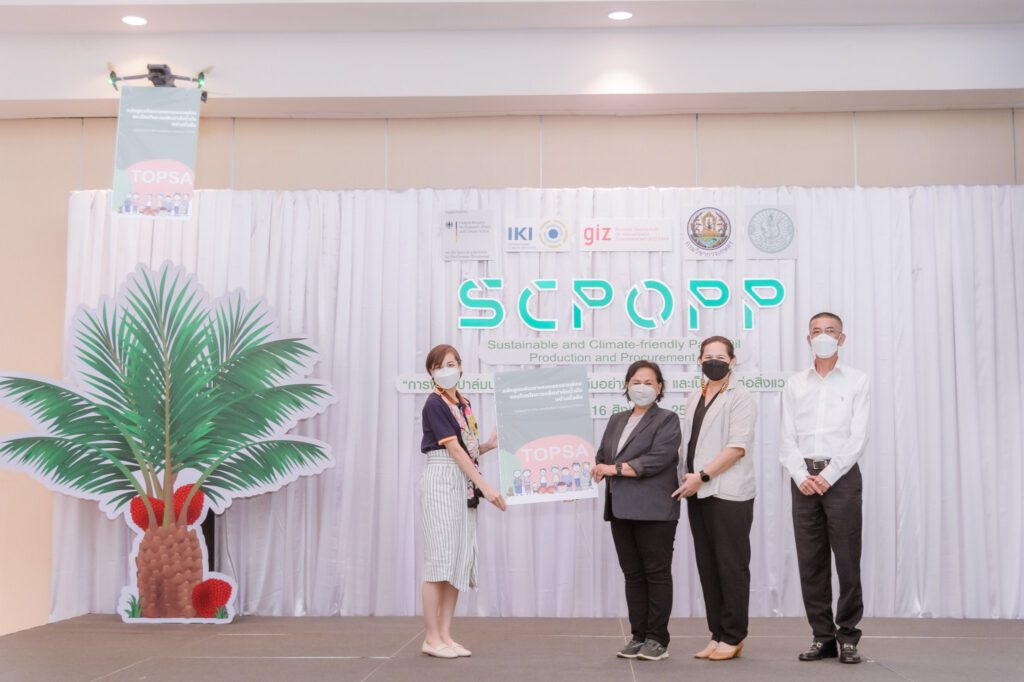
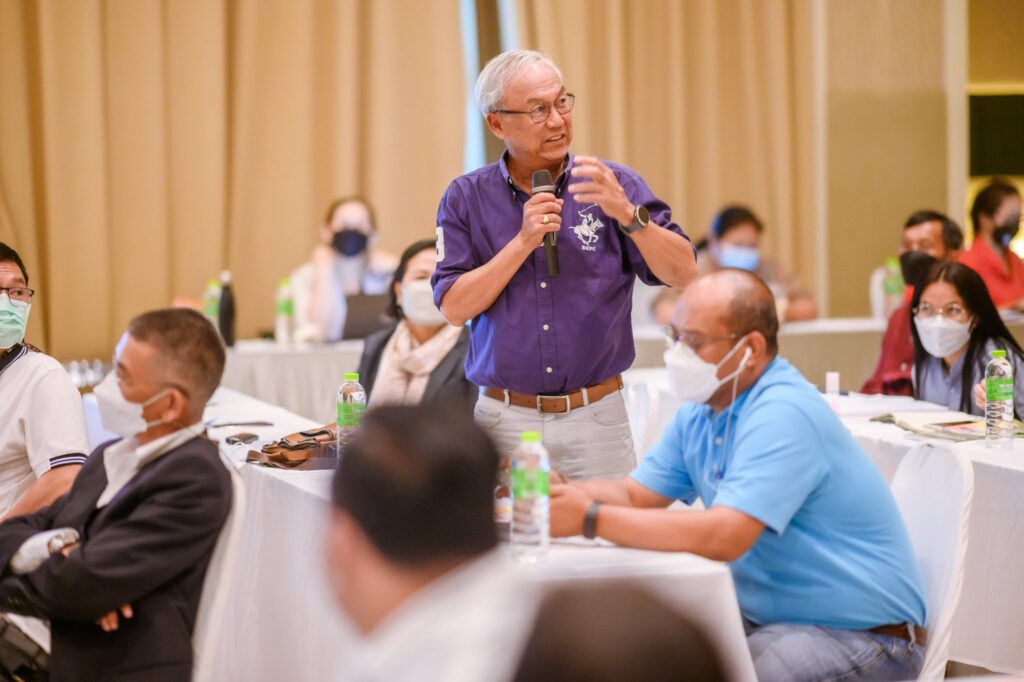
The challenge of Thailand’s palm oil industry is not deforestation, but limited capacities and ability of farmers to access international standards. Majority oil palm smallholder farmers still lack awareness and opportunities to access knowledge and resources essential for upscaling domestic oil palm production to meet international standard.
In 2018, the project introduced the Thailand Oil Palm Smallholder Academy (TOPSA) and developing “i-Palm” application. These tools and resources are essential for enhancing their oil palm production capacities and competitiveness in the global market in the long run.
To transform sustainable palm oil market in Thailand, the project has been working with private sectors by holding a series of business forums to identify challenges facing the industry and opportunities to upscale sustainable oil palm production throughout the supply chain.
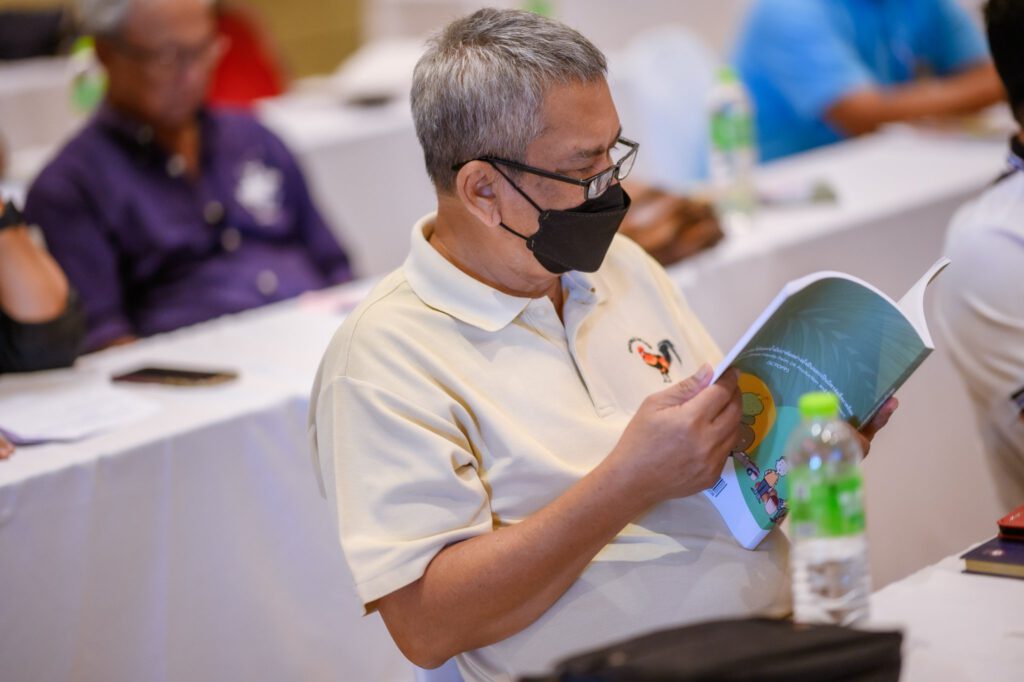
Raising public awareness on palm oil consumption is also essential for market competitiveness at both the domestic and international level. Following the project’s recent online survey on consumer awareness of sustainable palm oil, 93% of respondent are aware that sustainable palm oil production has a positive impact on an improvement of local livelihoods. They are willing to pay more for sustainably-produced, RSPO-certified palm oil products. Over 60% of respondents would like to see their extra payment goes back to the palm-oil produced communities in a form of training and capacity enhancement, followed by climate action as well human rights and labour protection accordingly.
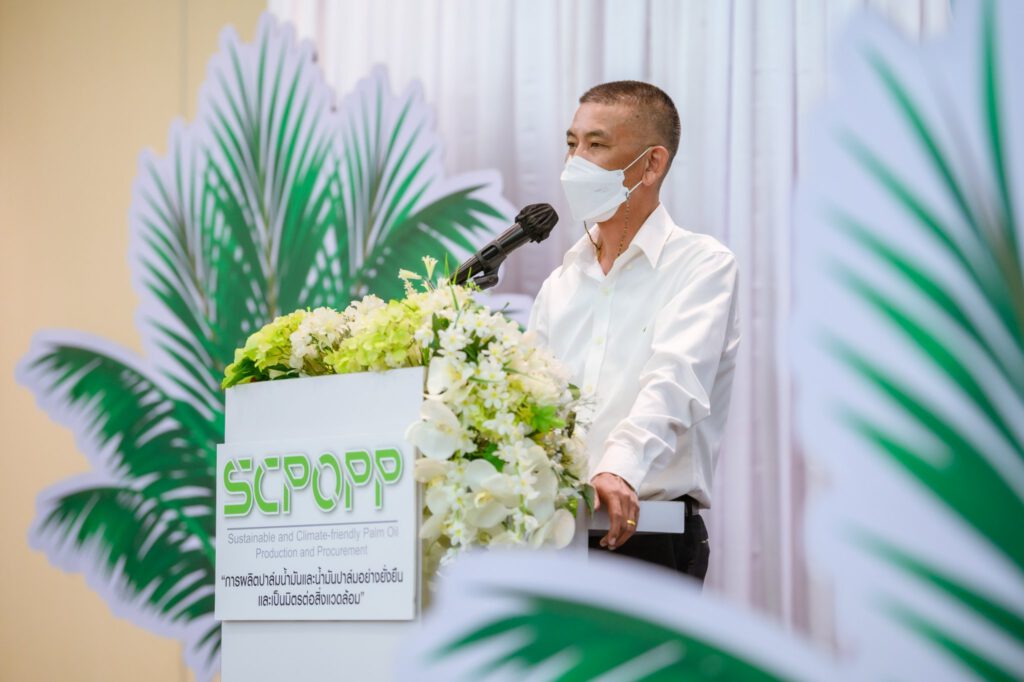
Surakitti Srikul, Senior Expert in Crop Production and DOA representative to the event, said he would discuss with the policymakers at the ministry on taking forward the TOPSA module implementation for improving the capacity of over 3,000 smallholders in sustainable agricultural practices to achieve RSPO certification, and gain improved access to international markets.
